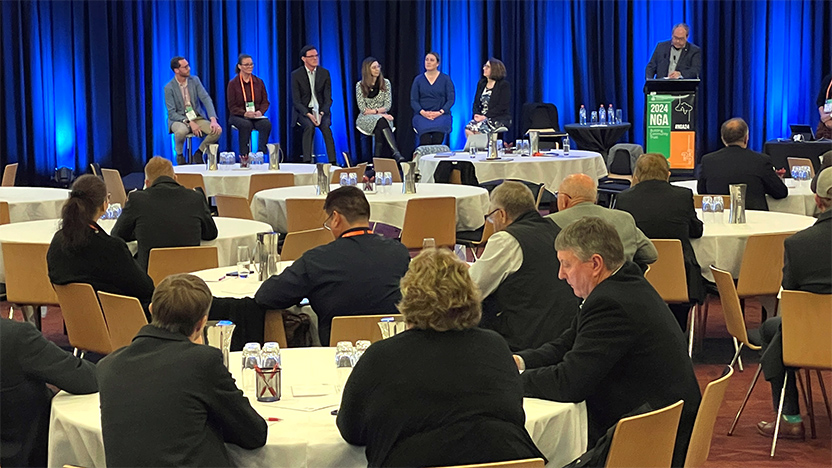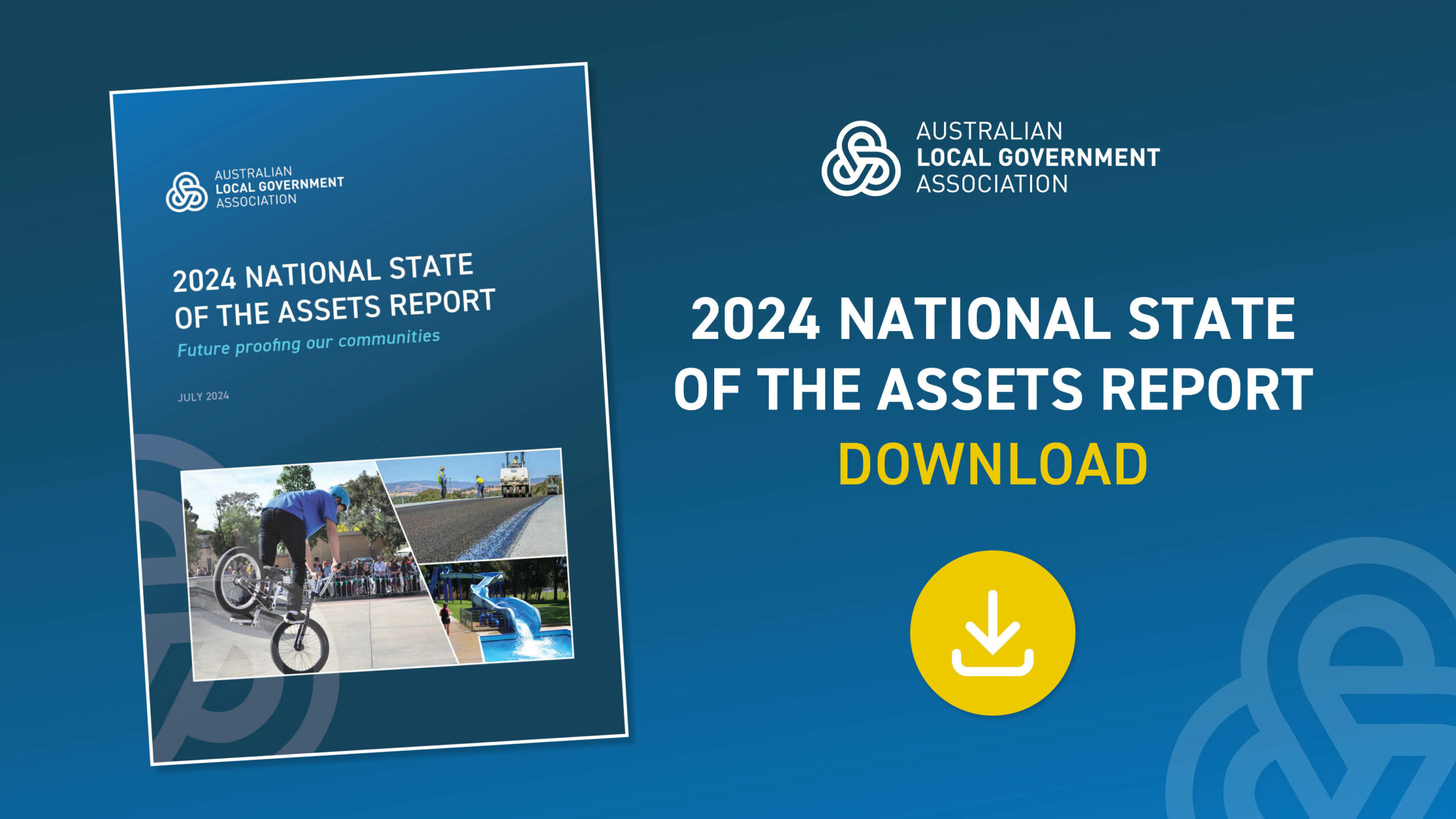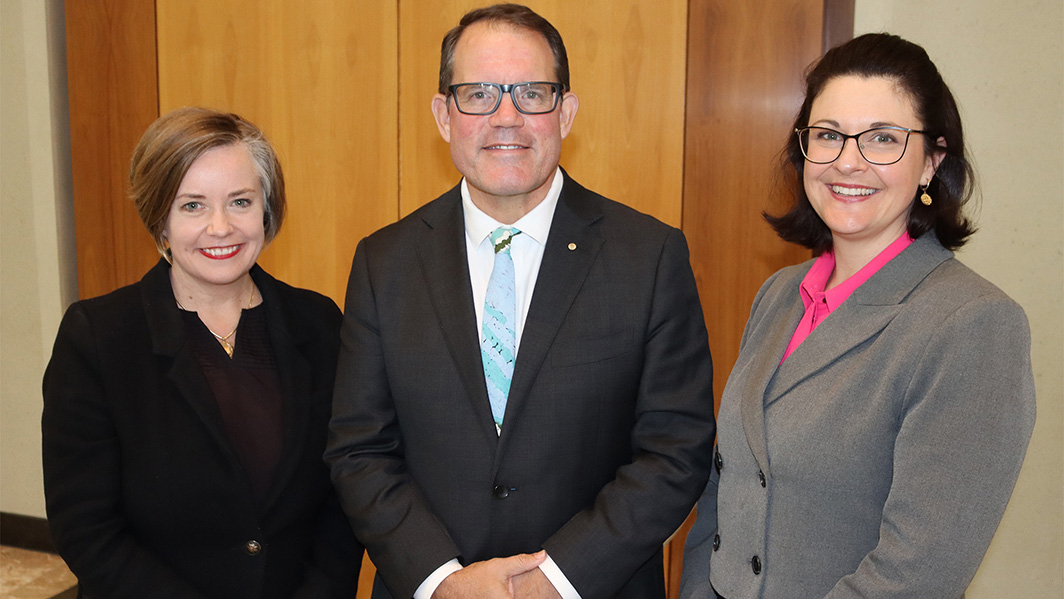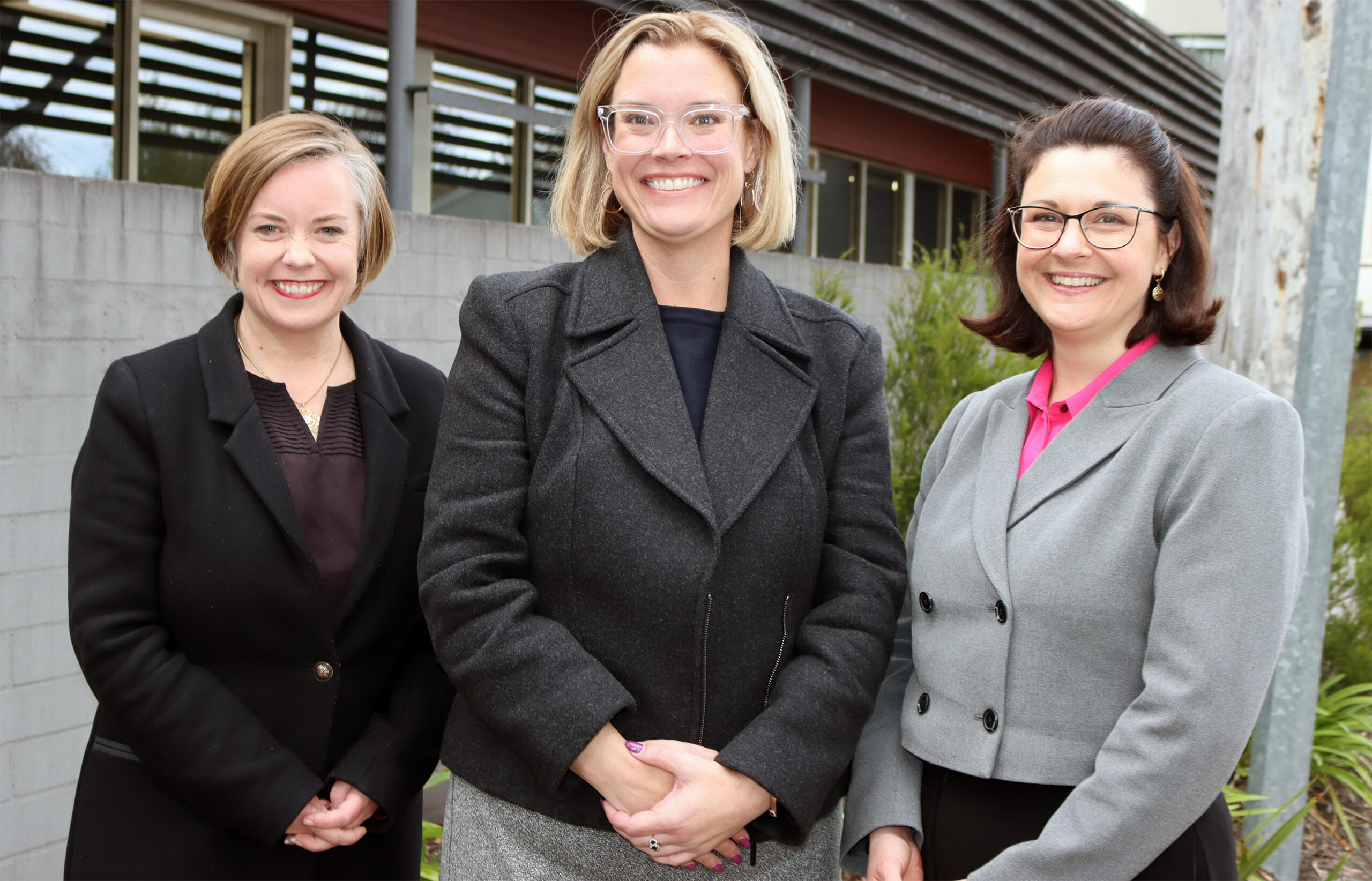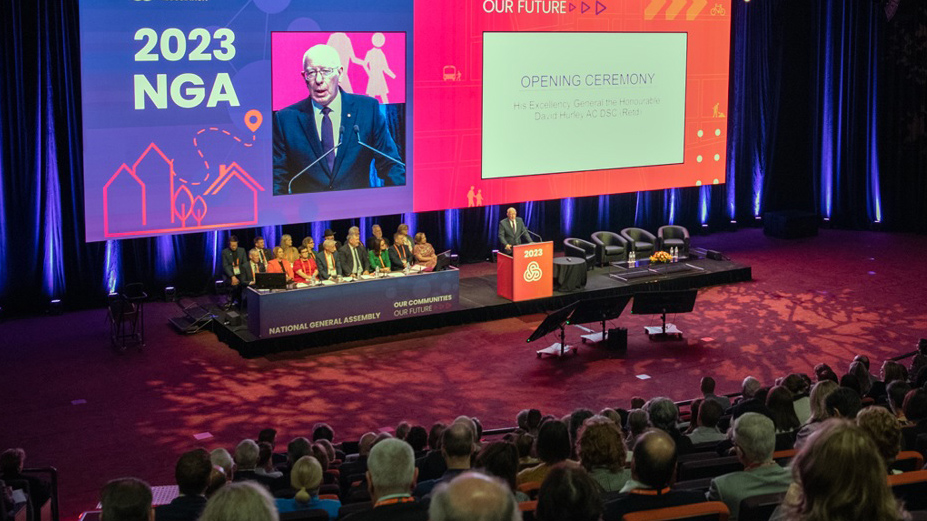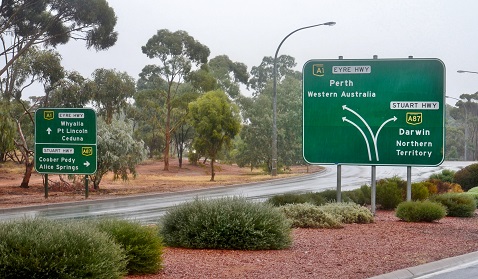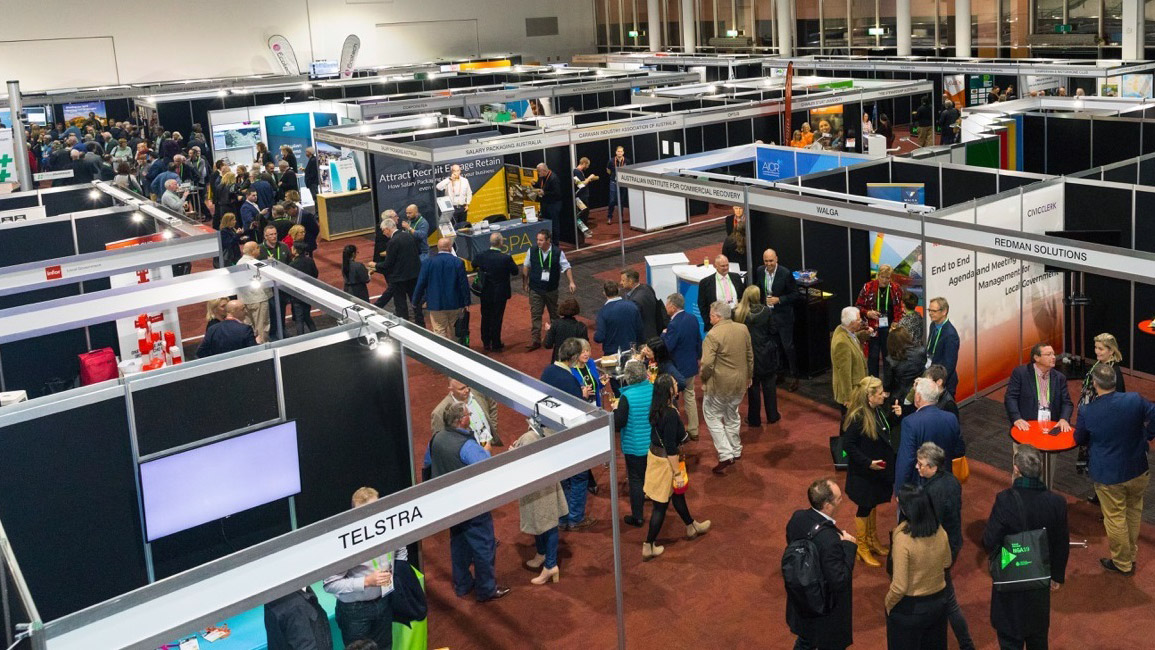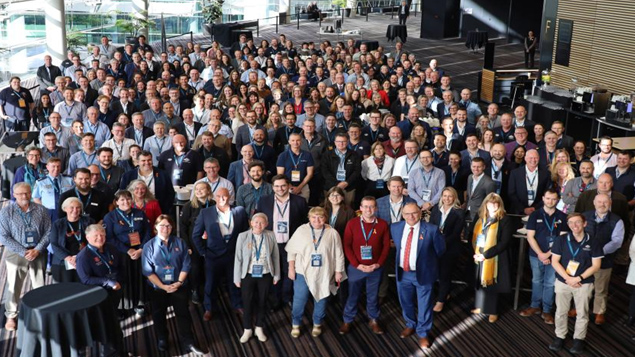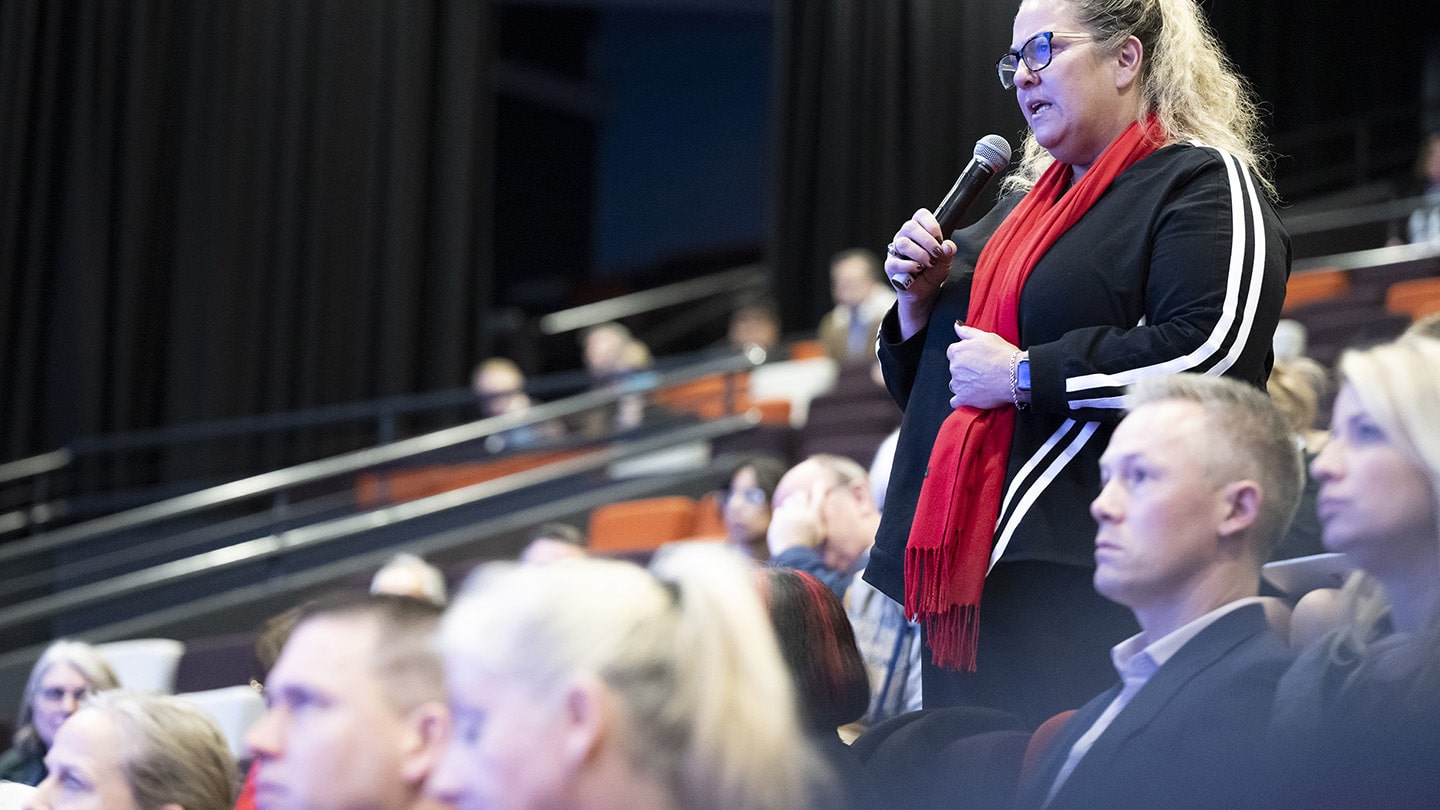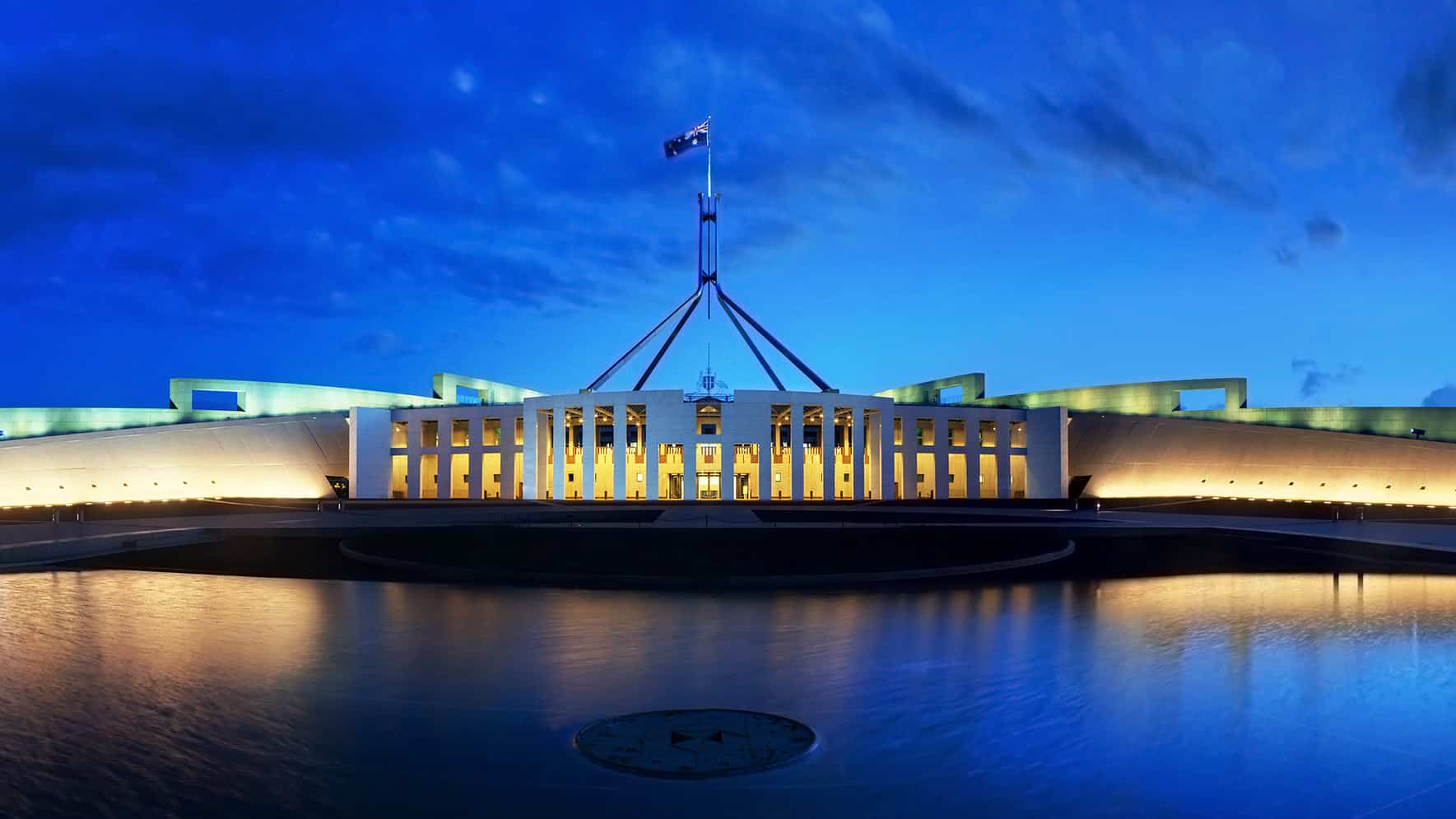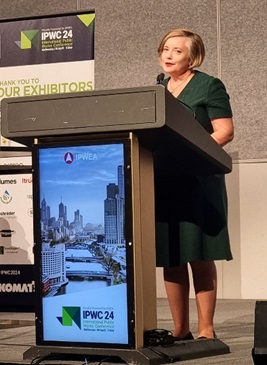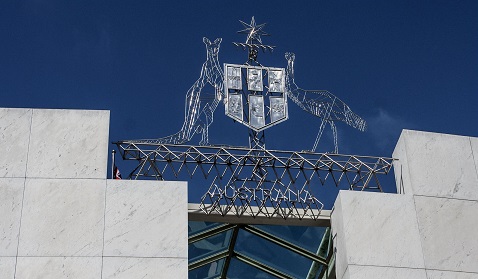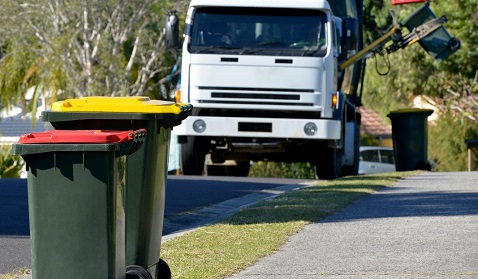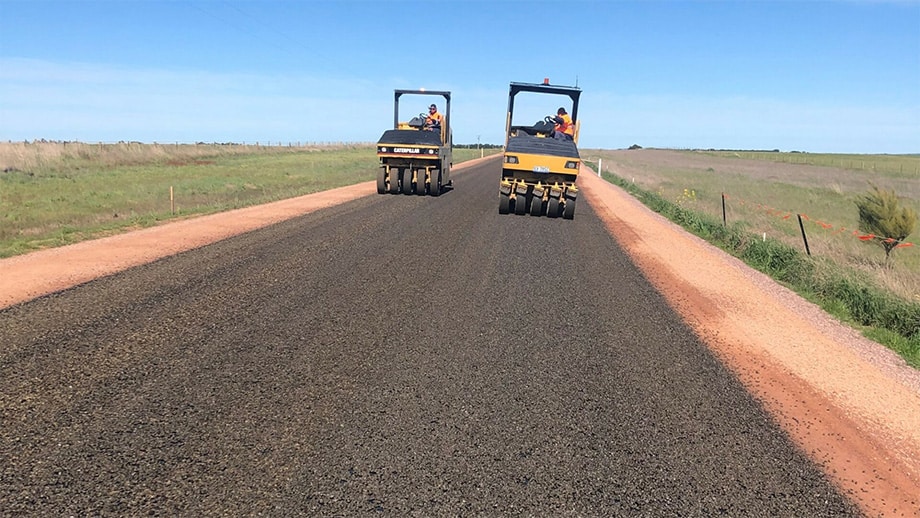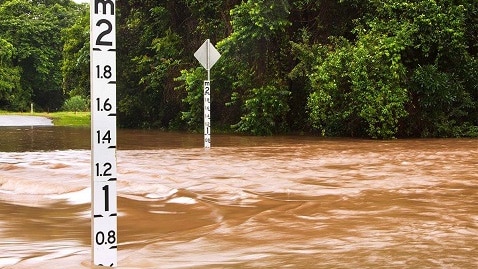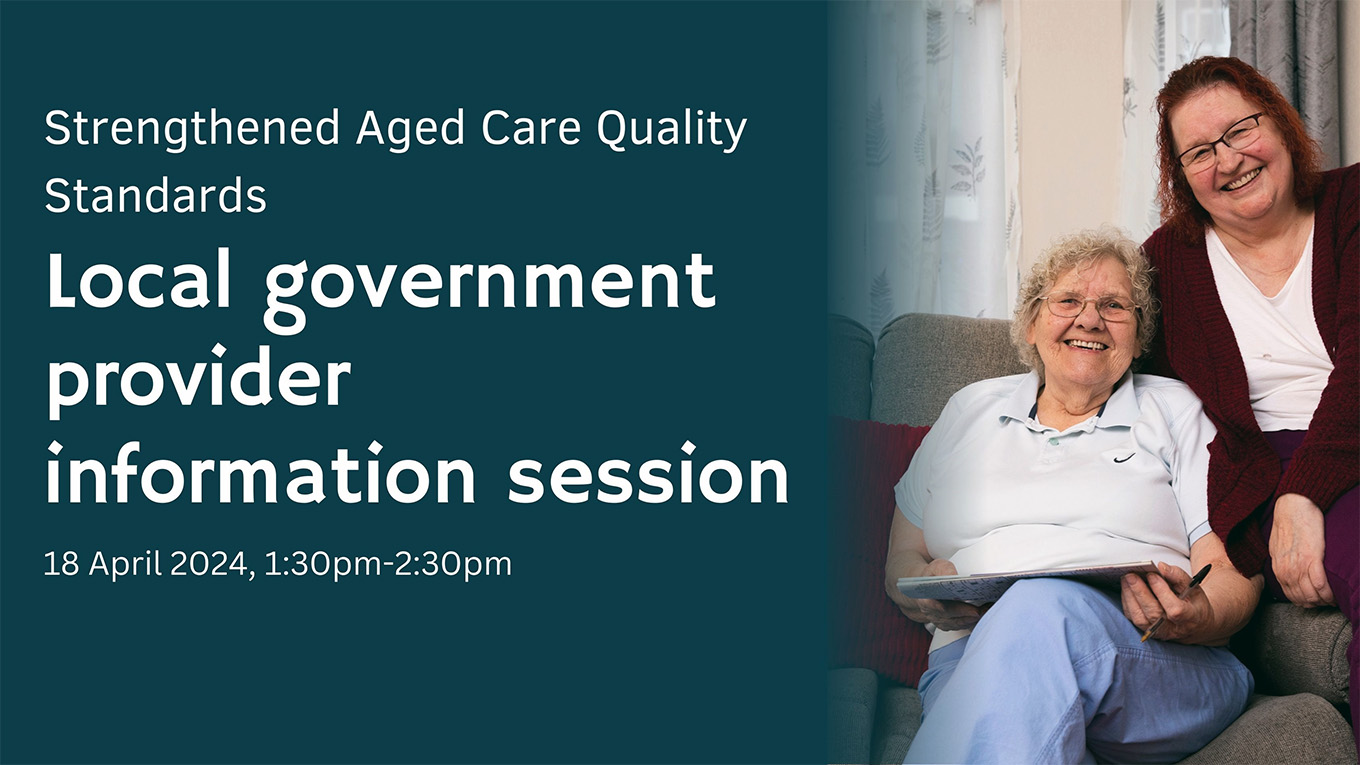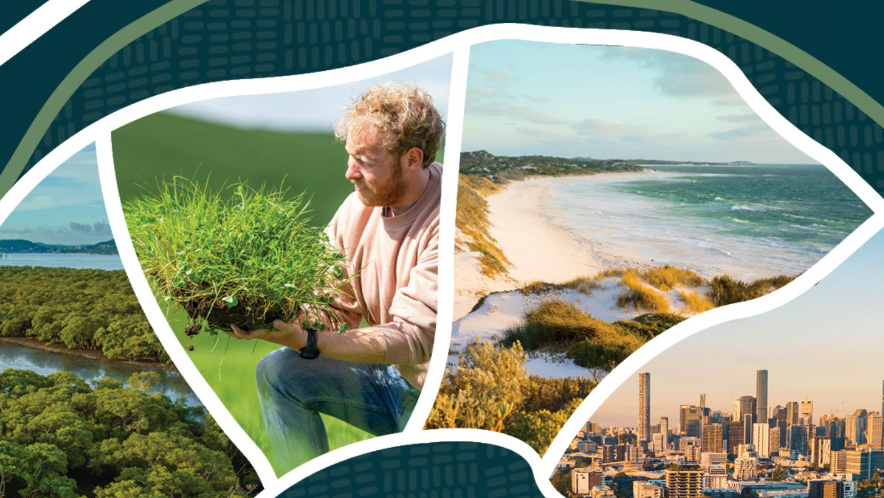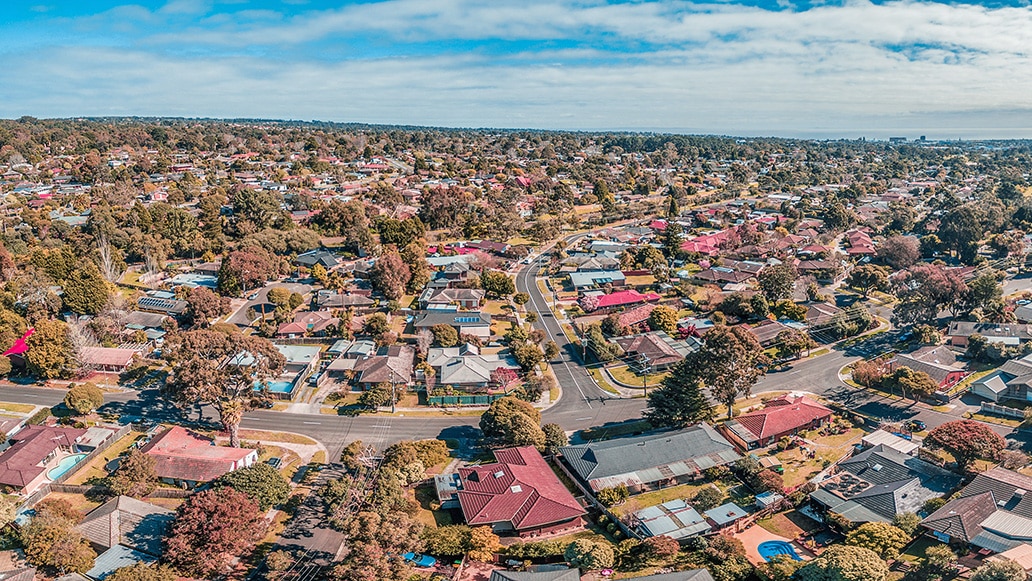ALGA News sat down with the Institute of Public Works Engineering Australasia’s (IPWEA) CEO David Jenkins to discuss the importance of building, maintaining and revitalising community infrastructure to benefit communities. Mr Jenkins also highlighted that improving local assets like libraries, community halls, sporting facilities and playgrounds as well as local roads enhances the quality of life for all Australians, and boosts national productivity.
ALGA: We know communities across Australia are struggling to build and maintain local infrastructure. How important is it for local governments to be sustainably funded to renew their playgrounds, community centres, storm water systems, libraries, sporting grounds and bike paths?
David Jenkins (DJ): One of the most significant challenges our local government engineering members remind me of regularly is having to do more with less. Coupled with a history of local government infrastructure funding being fragmented and short-term at best only exacerbates what our members experience.
As the saying goes, ‘a stitch in time saves nine’. The lack of timely and regular maintenance not only leads to accelerated deterioration of infrastructure but also results in significantly more expensive rehabilitation projects in the future. Having a long-term, sustainable and affordable financial plan that funds the maintenance and renewal of these infrastructure assets provides economic stability for communities.
ALGA: IPWEA supported ALGA’s Federal Budget priority for a dedicated $500 million per year fund to build, maintain and revitalise community infrastructure. Why is this so crucial for communities and what local and national benefits does direct funding provide?
DJ: Local government is the mainstay of infrastructure in the country. Since most of the public infrastructure in our communities is owned and operated by local councils, local government supports nearly every aspect of our day-to-day activities.
Our communities depend on this vast network of assets for their livelihoods and well-being but often take them for granted until something fails. When these assets fail, councils are forced to react, which erodes confidence and wastes valuable resources. Dedicating sufficient funds to build, operate, maintain, and revitalise community infrastructure is imperative.
ALGA: It’s exciting IPWEA has again partnered with ALGA to deliver the next National State of the Assets (NSoA) report to be released in the coming months? Why is this evidence-based research needed and how does this support positive policy and advocacy outcomes?
DJ: Regular self-assessment against agreed-upon metrics is an essential tool for guiding investment decisions on infrastructure. It also promotes accountability and trust and ultimately achieves positive policy and advocacy outcomes that enhance the quality of life in our communities.
ALGA: How important is it to refresh and update these landmark reports, and how will this evidence-based data be used by to support councils and stakeholders??
DJ: The NSoA report demonstrates local government’s credibility, capacity and leadership at a national level and is the only credible source of consolidated data and information on infrastructure planning and performance reporting.
It enables closer collaboration, facilitates dialogue with state and territory stakeholders and allows for the development and maintenance of a coordinated capability-building and advocacy framework for local government.
ALGA: What long-term economic and social benefits are there from future-proofing the $500 billion worth of public infrastructure, owned and managed by local governments across Australia?
DJ: Well-maintained infrastructure, such as roads, bridges, and public transportation systems, facilitates the movement of goods and people, enhancing productivity and efficiency. This, in turn, can attract businesses, encourage investment and stimulate economic growth within the community.
Accessible and well-maintained infrastructure also promotes social equity by ensuring that essential services, such as public transportation and sports and recreation facilities, are available to all residents, regardless of income or location. This helps reduce disparities and improve the overall quality of life for our communities.
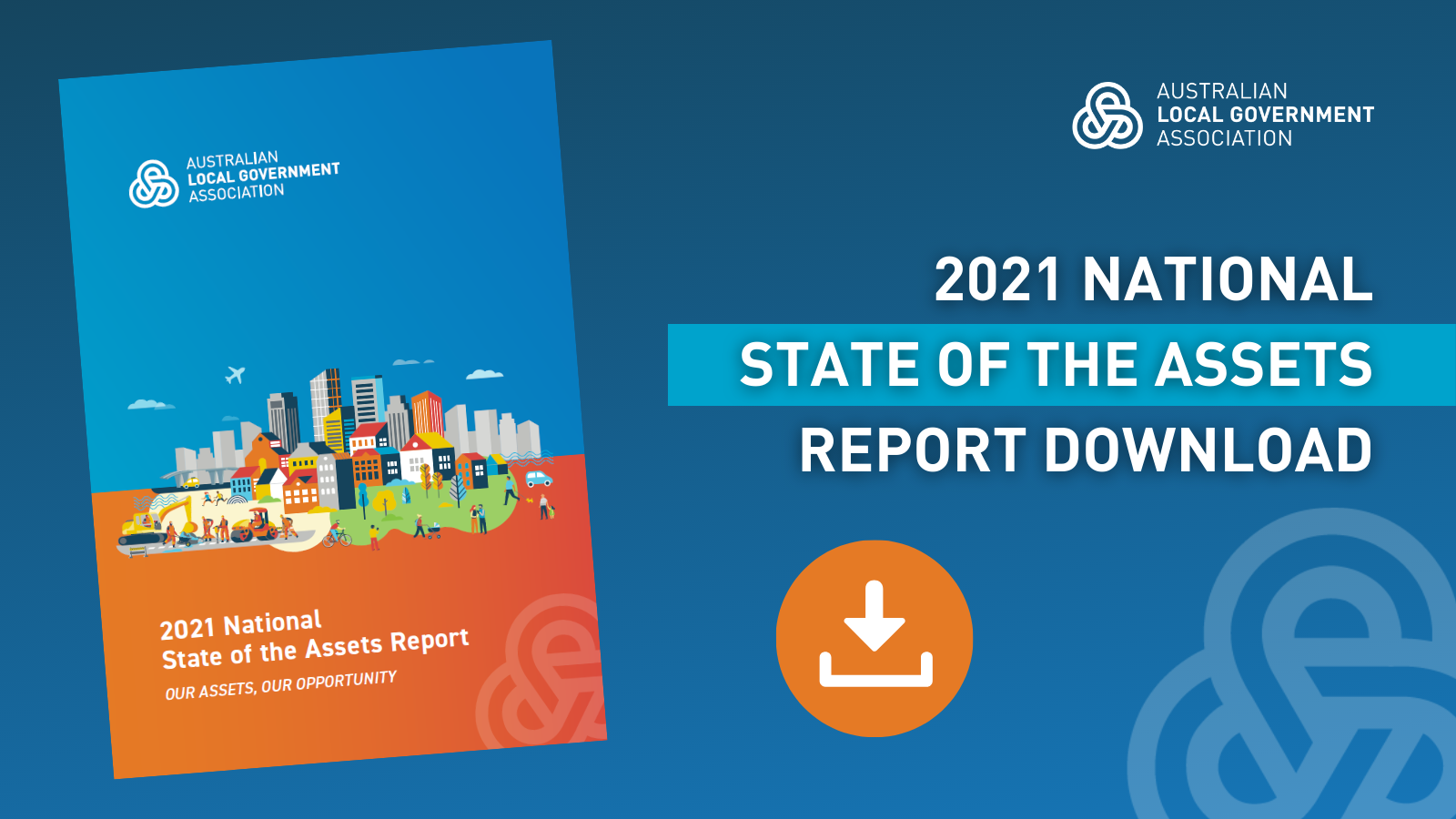
Posted 14 May, 2024





